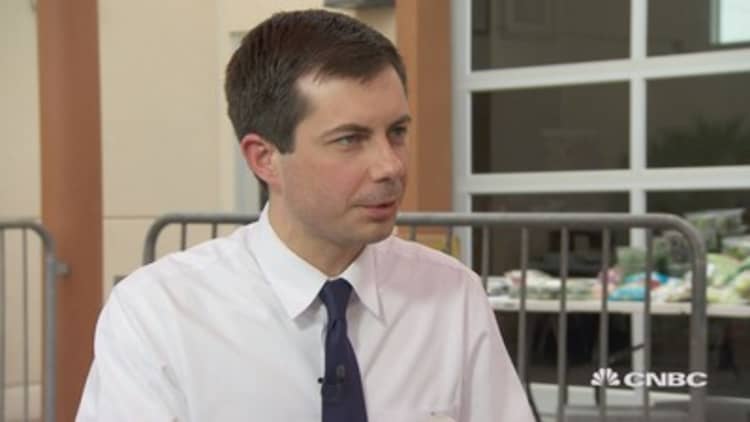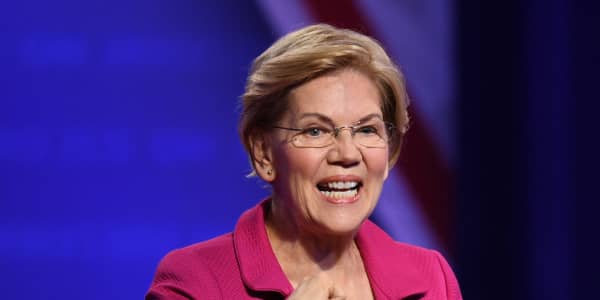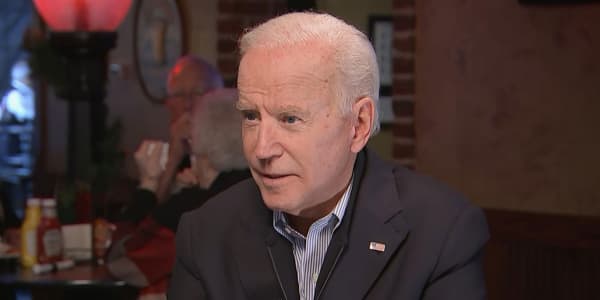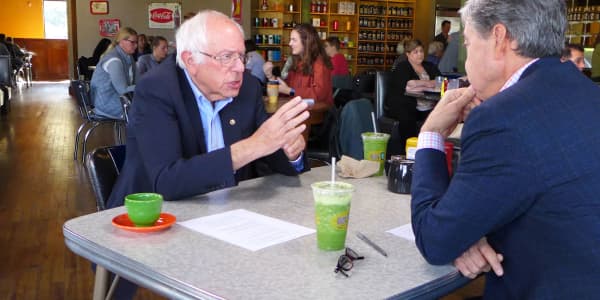
Rising Democratic star and 2020 presidential hopeful Pete Buttigieg sat down with CNBC's John Harwood for an extensive interview. Here is their exchange on Buttigieg's attempt to make the big leap from serving as mayor of South Bend, Indiana, to becoming president of the United States.
John Harwood: You're 37 years old. You're a mayor of a small town. It would be a very large jump to become president. It's a big jump for anybody to become president. I understand your experience argument, but is there something about the fact that you were elected with 10,000 votes as mayor that makes you less inherently prepared than say, Mike Pence, who got a million votes to get elected governor of Indiana? Does the difference in scale become a difference in kind?
Pete Buttigieg: I think there is no better preparation than the pressure cooker of being a mayor in a strong-mayor system of a diverse, largely low-income and complex city. And not just in terms of length, that I have more years of executive experience than the vice president for example, but in terms of being that near to the ground, and at the same time that constantly visible. Look, the office of the presidency ought to humble anymore. Its demands are such that I don't think anyone who hasn't already held it can actually fathom what it is like to be there. And so, there's something very audacious about anybody looking at that office and thinking they belong there.
But we all look at this office with a certain level of experience that we have. And in many ways, I actually think it's precisely because my community, the one I serve, is not one of the biggest cities, that I think I have a better sense of what it's like to be from the kinds of communities that have felt left out in our country, and in some ways have lost touch with my party — places whether they be rural, or industrial, that have that common quality of young people growing up with that message that success means you have to get out. Thankfully for me, I realized that success actually meant going home. And I think it's a powerful antidote to the message that this president is preaching, that the only way to our hearts in a part of the country like ours is through resentment, through promises that can't be kept, to turn the clock back to a past that was never as great as advertised anyway. There's a lot of power in that.
And so, I think it's precisely because of the kind of community that I serve, that I represent a different kind of voice, preaching perhaps similar values to many of my Democratic competitors, but doing it with a different vocabulary. I treat that as an asset — a feature, not a bug — of this whole project.





